Sound Sensitivity
Specialized Audiology Care for Sound Sensitivity in Chattanooga, TN
Sound sensitivity disorders are rare conditions that disrupt a person’s ability to participate in normal daily activities due to physical discomfort, emotional distress, or excessive fear triggered by everyday sounds. Sounds that are manageable or even pleasant for others can cause physical pain, intense emotional reactions like anger or anxiety, or a persistent fear that sound will lead to discomfort or harm.
The severity of the disorder can range from mild to severe symptoms that make work, socializing, and living a normal life feel impossible.
Proper diagnosis is essential in treating sound sensitivity disorders. Audiologists are the primary medical professionals for the diagnosis and treatment of these disorders. Psychologists and psychiatrists should often be used, particularly for the management of anxiety and fear aspects of these disorders.
There are several different types of sound sensitivity.
Common Sound Sensitivity Conditions Treated by Our Audiology Team
Noise Sensitivity
Noise sensitivity is hypersensitivity to usual sounds that are interpreted as unwanted “noise” that cause annoyance, tension, anxiety, fear, isolation tendency, and/or anger. Neuronal mechanisms in the brain have been proposed to cause noise sensitivity, with changes in the cortex and other brain regions playing a role. Additionally, studies have identified a possible genetic basis for noise sensitivity. It can be influenced by personality traits, such as anxiety and depression. Individuals with PTSD may also experience hypervigilance, or hyperarousal, in response to environmental stimuli, including sounds.
Loudness Hyperacusis
Loudness hyperacusis is the experience of uncomfortable to unbearable physical sensations—such as ear fullness, earaches, or headaches in the ears and/or head when exposed to any sound at intensity levels that would not be uncomfortable for most people. Evidence suggests that central auditory gain, the brain’s “volume control” for the auditory system, increases following damage to the cochlea. In addition, everyday sounds can trigger the contraction of the tensor tympani muscle, leading to a sensation of fullness in the ear and other unpleasant symptoms. This condition is often referred to as tonic tensor tympani syndrome.
Pain Hyperacusis
Pain hyperacusis (noxacusis) is the experience of burning, stabbing, or jabbing pain in the ears or head when exposed to or following any sound at an intensity level that would be comfortable for most people. This can originate from multiple points within the auditory system. In the inner ear, neurons connecting the outer hair cells in the cochlea to the brainstem can be the source of pain when exposed to sound. In the middle ear, damage, overload, or myoclonus (uncontrollable twitching) of the tensor tympani muscle may irritate the trigeminal nerve, contributing to discomfort and pain. Additionally, damage to the middle or inner ear can lead to increased neural activity in the central auditory pathway as another possible source of pain.
Misophonia
Misophonia is characterized by strong negative emotional, physiological, and behavioral responses to “trigger” sounds, especially sounds from the mouth and nose of others. It is uncertain whether misophonia is an auditory or a psychiatric disorder, as it involves an abnormal reaction of the limbic and autonomic nervous systems to sounds of normal intensity. Symptoms often emerge in childhood or early adolescence, and individuals with obsessive-compulsive personality disorder (OCPD) may be more susceptible to developing the disorder. Additionally, research suggests that there may be a genetic predisposition to misophonia, further indicating that both neurological and psychological factors contribute to its development.
Phonophobia
Phonophobia is an excessive, persistent state of fear that either specific sounds or sound in general will cause discomfort, distress, or pain. A person with phonophobia either tries to avoid the sound that triggers the fear or endures it with great anxiety and distress. Phonophobia usually develops because of the experience of loudness hyperacusis, pain hyperacusis, misophonia, and/or noise sensitivity. It may involve mechanisms underlying the development of any specific phobia.
You Don’t Have to Struggle with Sound Sensitivity Alone
At 4 Bridges Audiology, we know that sensitivity to sound can affect every part of your day. Whether you find certain environments overwhelming or specific noises painful, our team is here to help you manage your sensitivity and regain comfort in the way you hear the world.
Schedule an appointment today to learn about our treatment options for sound sensitivity disorders and get back to living your best life.









